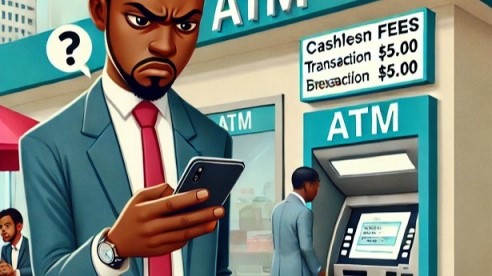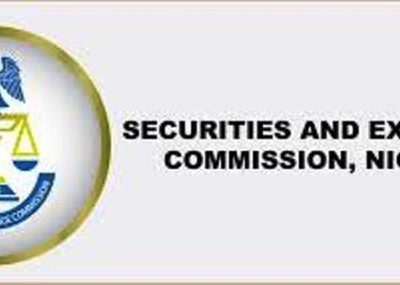By Engr. Gbolahan M.A. Alabi-Isama MS, Founder/CEO at Supercomafrica
UPDATE
Nigeria is well on its way to becoming a digital payment powerhouse!
But here’s the reality: as digital transactions grow, so do hidden fees and unfair banking charges. Consumers and small businesses are being squeezed under the weight of rising costs—and it’s unacceptable.
RELATED: Moniepoint secures $10M from Visa, exceeds $1B in valuation and accelerates Africa’s digital payment revolution
A recent Visa report, Value of Acceptance: Understanding the Digital Payment Landscape in Nigeria, highlights the massive potential of digital payments, particularly for small and medium-sized enterprises (SMEs). Yet, there’s a glaring contradiction: while cashless transactions are marketed as seamless and cost-effective, many Nigerians are paying the price—literally—through exorbitant transaction fees.
Look no further than the latest move by the Central Bank of Nigeria (CBN). Starting March 1, 2025, Nigerians will be forced to pay N100 per N20,000 withdrawal at off-site ATMs, plus a staggering N500 surcharge at standalone cash points. Let’s call this what it is—daylight robbery disguised as policy. Instead of making banking more accessible, the CBN is making it more expensive, penalizing those who rely on cash for daily transactions.
And it gets worse. The Socio-Economic Rights and Accountability Project (SERAP) has slammed the CBN for what it calls a “manifestly unlawful, unfair, unreasonable, and unjust increase” in fees. Why should struggling Nigerians bear the brunt of these charges while commercial banks rake in trillions in annual profits? This isn’t just bad policy—it’s economic injustice.
The Bigger Picture: Who Really Benefits?
Digital payment adoption should spur economic growth, increase tax revenue, and improve transparency. But when financial institutions prioritize profits over people, they create a two-tiered financial system—one that benefits the elite while leaving ordinary Nigerians behind. The promise of financial inclusion is starting to look more like financial exclusion.
Nigerians deserve better. Financial policies should empower people, not exploit them. The CBN must rethink its approach before further eroding trust in the banking system. The question is: Will they listen?
Join the Conversation
Have you been hit with excessive banking fees? How do these charges impact your business or daily transactions? Share your experiences—let’s demand accountability and push for a fairer, more inclusive financial system.
Credit: Broadband Networker
































